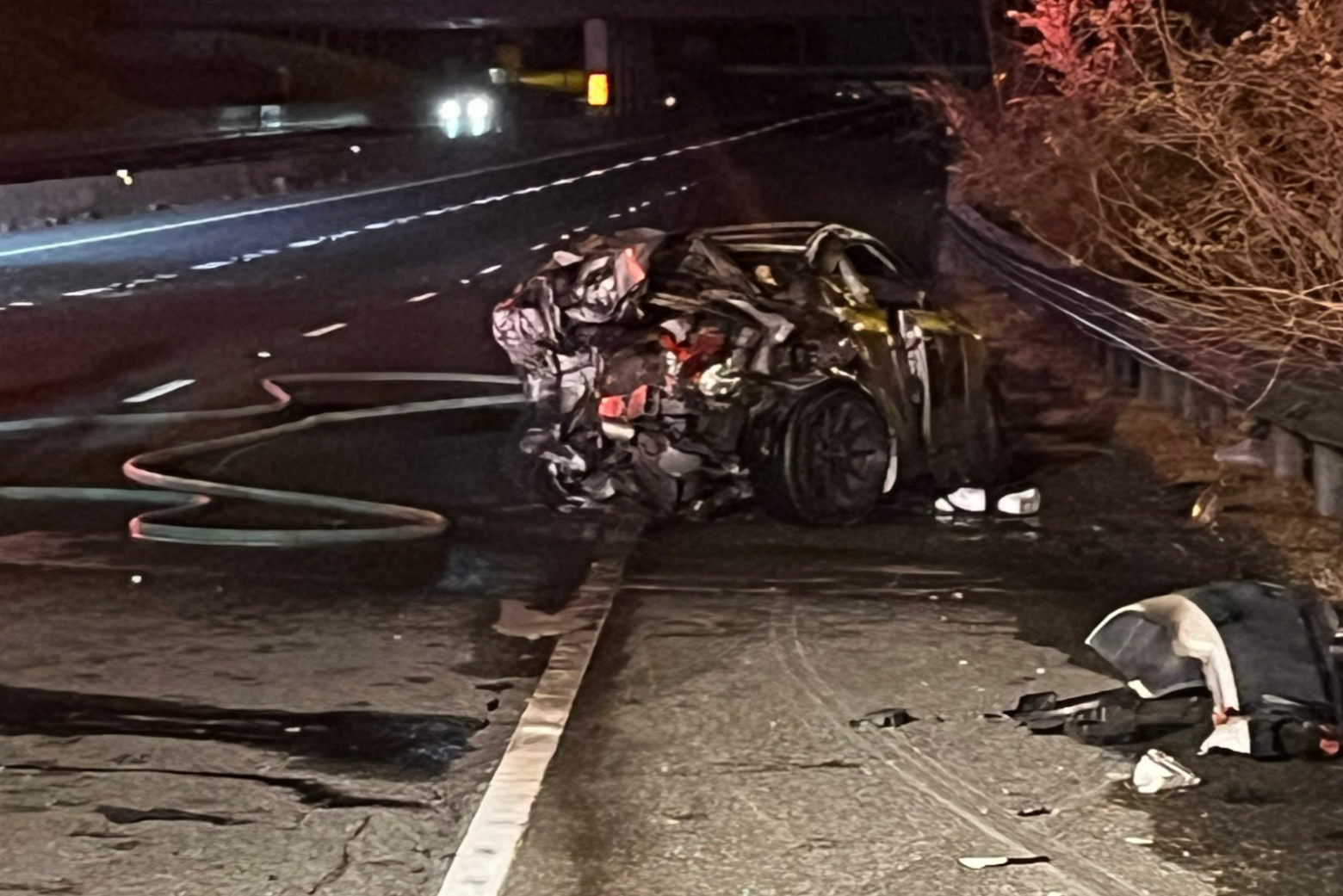Introduction
Accidents are an unfortunate reality of life on the road, and they can happen to anyone—whether you're driving a car or riding a motorcycle. In California, where both auto and motorcycle accidents occur frequently, understanding the nuances of these claims is crucial for anyone involved. The legal landscape surrounding auto and motorcycle accidents can be complex, with different laws, regulations, and types of coverage affecting how claims are handled. This article aims to demystify the process by exploring the differences between auto and motorcycle accident claims in California.
With expert insights from Moseley Collins Law, a leading firm specializing in personal injury cases in Los Angeles, we will provide comprehensive information about what you need to know if you're involved in either type of accident. From understanding liability to knowing how insurance works, this guide will equip you with essential knowledge as you navigate your way through the aftermath of an accident.
Exploring the Differences Between Auto and Motorcycle Accident Claims in California
When it comes to personal injury claims following an accident, many people often wonder: What are the main differences between auto and motorcycle accident claims? To put it simply, while both scenarios involve similar legal principles—such as negligence and liability—the specifics can vary significantly due to factors like vehicle dynamics, rider exposure, and insurance policies.
1. Understanding Liability in Auto vs. Motorcycle Accidents
1.1 The Basics of Liability
Liability refers to who is responsible for causing an accident. In California, the law follows a "fault" system for determining who is liable for damages after an accident occurs. This means that if you are involved in either an auto or motorcycle accident, establishing liability is critical to your claim.
1.2 Establishing Fault
In both types of accidents, fault can be established through eyewitness accounts, police reports, traffic camera footage, or other evidence. However, motorcycle accidents often have unique challenges when it comes to proving liability. Due to their smaller size and visibility issues on the road compared to cars, motorcyclists may sometimes face bias from insurers or juries who assume they were at fault merely because they were riding a motorcycle.
2. Common Causes of Auto Accidents vs. Motorcycle Accidents
2.1 Frequent Causes in Auto Accidents
Auto accidents often result from distracted driving (texting or using apps), speeding, drunk driving, or weather-related conditions like rain or fog.
2.2 Unique Factors Contributing to Motorcycle Accidents
Motorcycle accidents tend to be more severe than car accidents due to a lack of protective barriers around riders. Common causes include:
- Lane splitting Loss of control on curves Visibility issues Poor road conditions
3. Insurance Coverage Variations: Auto vs. Motorcycle Insurance Policies
3.1 Types of Insurance for Cars
In California, drivers are required by law to carry liability insurance that covers bodily injury and property damage caused by their vehicle.
3.2 Special Considerations for Motorcycle Insurance
Motorcycle insurance policies often have different requirements than auto policies, including higher premiums due to increased risk factors associated with riding motorcycles.
4. The Role of Comparative Negligence in California Claims
California follows a comparative negligence rule which means that if multiple parties are at fault for an accident—including the injured party—the damages awarded may be reduced based on each party's percentage of fault.
5. Medical Expenses: Calculating Damages After an Accident
Understanding how medical expenses are calculated post-accident is vital for both auto and motorcycle claims:
- Hospital bills Rehabilitation costs Future medical care
6. Pain and Suffering Compensation: A Comparative Analysis
Both auto and motorcycle claimants can seek compensation for pain and suffering; however, courts might view these claims differently based on various factors such as severity of injuries or emotional distress stemming from public perception about motorcyclists.
Frequently Asked Questions (FAQs)
Q1: What should I do immediately after an accident?
A: Ensure safety first by moving out of harm’s way if possible; call 911 for assistance; gather evidence (photos); exchange information with other parties; report details accurately when law enforcement arrives.
Q2: How long do I have to file a claim?
A: In California, you generally have two years from the date of the accident to file a personal injury claim.
Q3: Can I pursue compensation if I was partially at fault?
A: Yes! Under California's comparative negligence law, even if you're partially at fault for your own injuries in either an auto or motorcycle crash, you can still recover damages proportionate to your level of fault.

Q4: Should I hire a lawyer after my accident?
A: It's advisable! Navigating the complexities of personal injury claims requires expertise; hiring experienced attorneys like those at Moseley Collins Law can ensure your rights are protected throughout the process.
Q5: What types of compensation am I entitled to?
A: Compensation may cover medical expenses, lost wages due to missed work days/impairment ability during recovery period(s), property damage repair costs among others depending on specifics surrounding case circumstances!
Q6: How does insurance coverage affect my claim?
A: Your insurance policy limits will determine how much compensation you’re eligible for; understanding policy terms helps establish realistic expectations regarding settlements because specific coverages vary widely between vehicles!
Conclusion
Navigating through the aftermath of any vehicle-related incident can feel overwhelming—especially when trying to understand all legalities surrounding auto versus motorcycle claims within California's framework! With varied liabilities involved along with distinct insurance requirements impacting potential settlements gained from respective incidents—it's crucially important that individuals remain well-informed about Have a peek at this website these differences so they may approach their situations equipped accordingly!
If you've been involved in an accident—whether it's on four wheels or two—it’s wise not only reach out promptly but also consider speaking with experienced professionals such as Moseley Collins Law Los Angeles car accident lawyers who specialize specifically within these domains offering thorough guidance tailored uniquely towards each individual case!
This article serves as a comprehensive guide aimed at shedding light on key aspects distinguishing automobile & motorcycle collisions legally across Californian jurisdiction - ultimately enhancing awareness thereby fostering informed decision-making amongst affected parties!